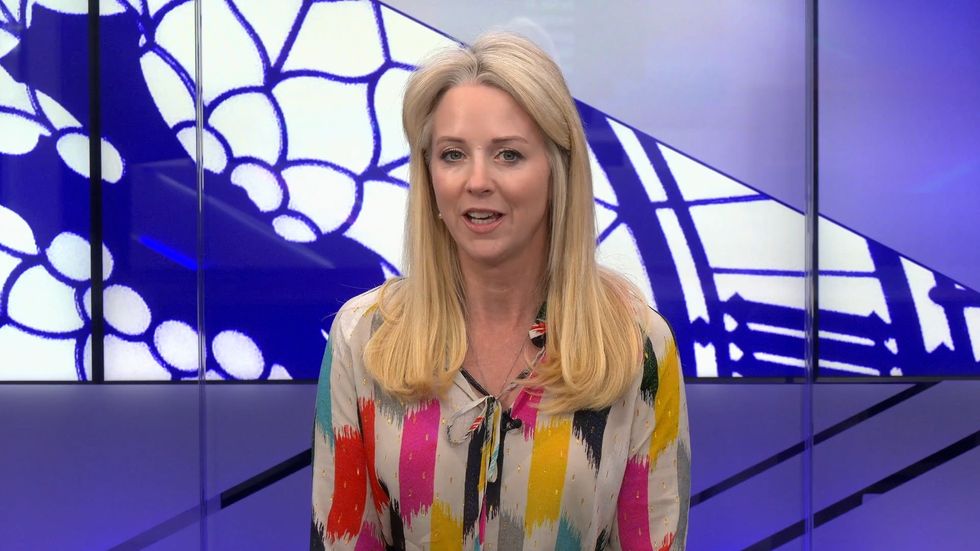Isabel Oakeshott: NHS can’t provide the quality of care that all patients deserve


How would you feel about waiting a whole year, a year and a half, two years or even longer, for a hospital operation, or even just an appointment for an assessment by a specialist?
Well, that’s the situation that at least 300,000 patients are in, as the NHS struggles to get through an enormous backlog of people needing treatment as we come out of the pandemic.
Before coronavirus, only 1,600 people had been waiting more than a year for surgery. Nobody should wait this long, but that’s a fraction of the figure now.
And the numbers are only going to rise.
These are real people, truly suffering, with conditions that are getting worse by the day.
I asked patients to get in touch, and the stories I’ve heard are quite shocking.
A newborn baby with a hernia, who will have to wait at least 40 weeks for surgery.
An elderly man with a life threatening heart condition, told he needed surgery within months – still waiting a year later. His operation has been cancelled four times; each time he’s had to isolate for a week in advance of the scheduled surgery, and undergo multiple pre operative assessments.
On the most recent occasion, his operation was cancelled an hour before he was due to leave for the hospital.
A four year old boy with suspected autism, who faces a two to three year wait for an NHS assessment. By the time he gets it, he’ll be seven – critical years of development lost.
Earlier this week, health secretary Sajid Javid admitted that the waiting list for treatment could hit 14million. It is already at 6million; up 4.4million from before the pandemic.
He announced some new targets, including an “ambition” to eliminate waiting lists of more than a year by March 2025. In other words, in three years time. As for waits of two years or longer, he wants to see the back of those by this summer.
These figures are truly shocking – though hardly surprising, when so much routine healthcare stopped during the pandemic.
I think we should be up in arms about this because it didn’t need to get this bad.
Of course the pandemic was going to cause some delays while the NHS focused on the emergency.
But routine treatment didn't need to judder to a halt in the way that it did. The government did the right thing by taking over the private sector, building Nightingale Hospitals, and issuing an appeal for retired healthcare workers to come forward. Then it didn’t use this extra capacity!
The Nightingale Hospitals and private healthcare facilities — for which we paid billions — lay vacant.
Many of the retired healthcare professionals who volunteered to help were not called forward.
Now the truth is that the NHS cannot cope with all the pent-up demand. With the best will in the world, right now, it can’t provide the quality of care that all patients deserve, in a reasonable time frame.
That’s not the fault of the doctors, nurses and many other people who do an amazing job all day every day, trying to see as many patients as they can. The question of fault is less important than what we do about it.